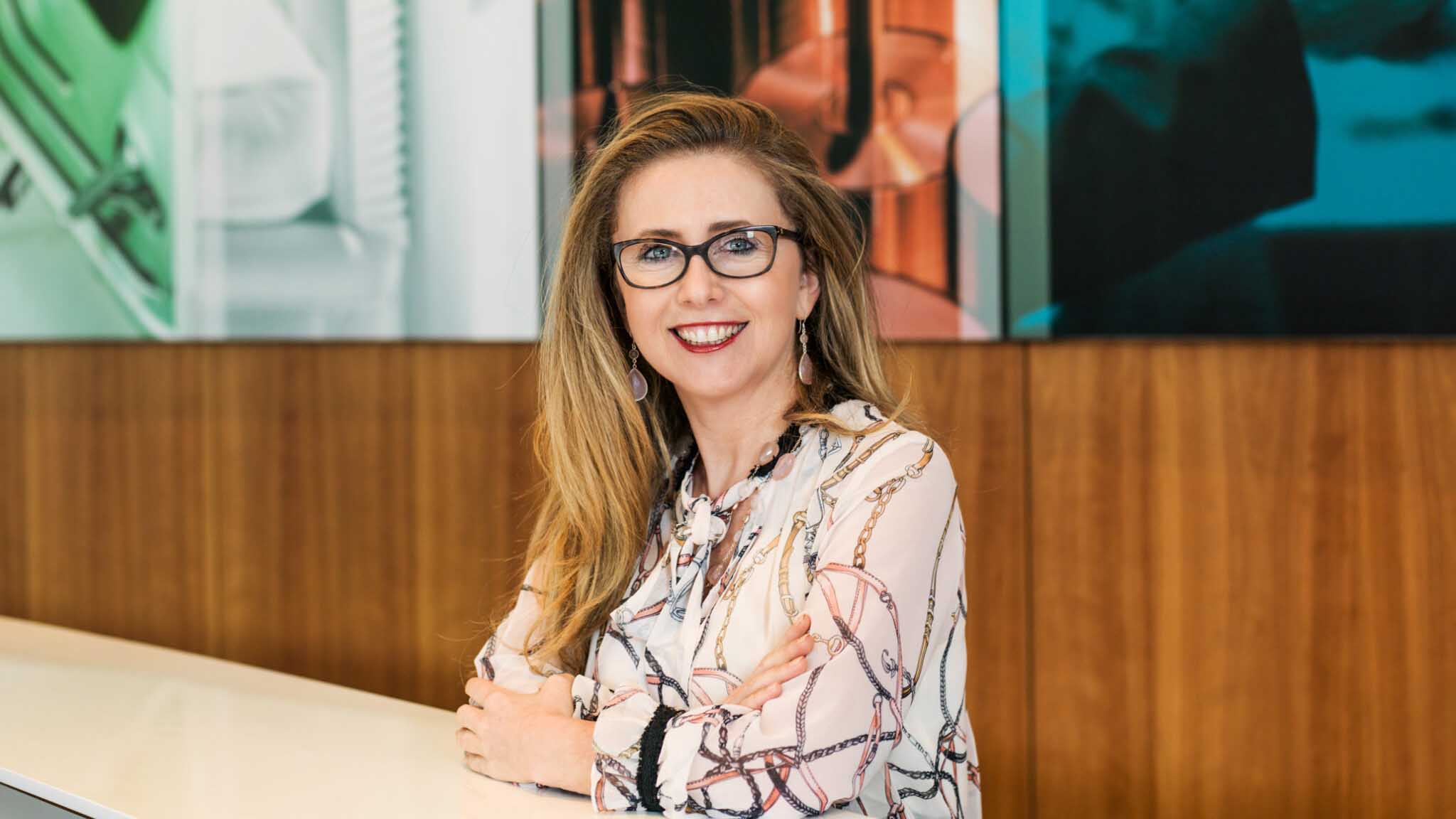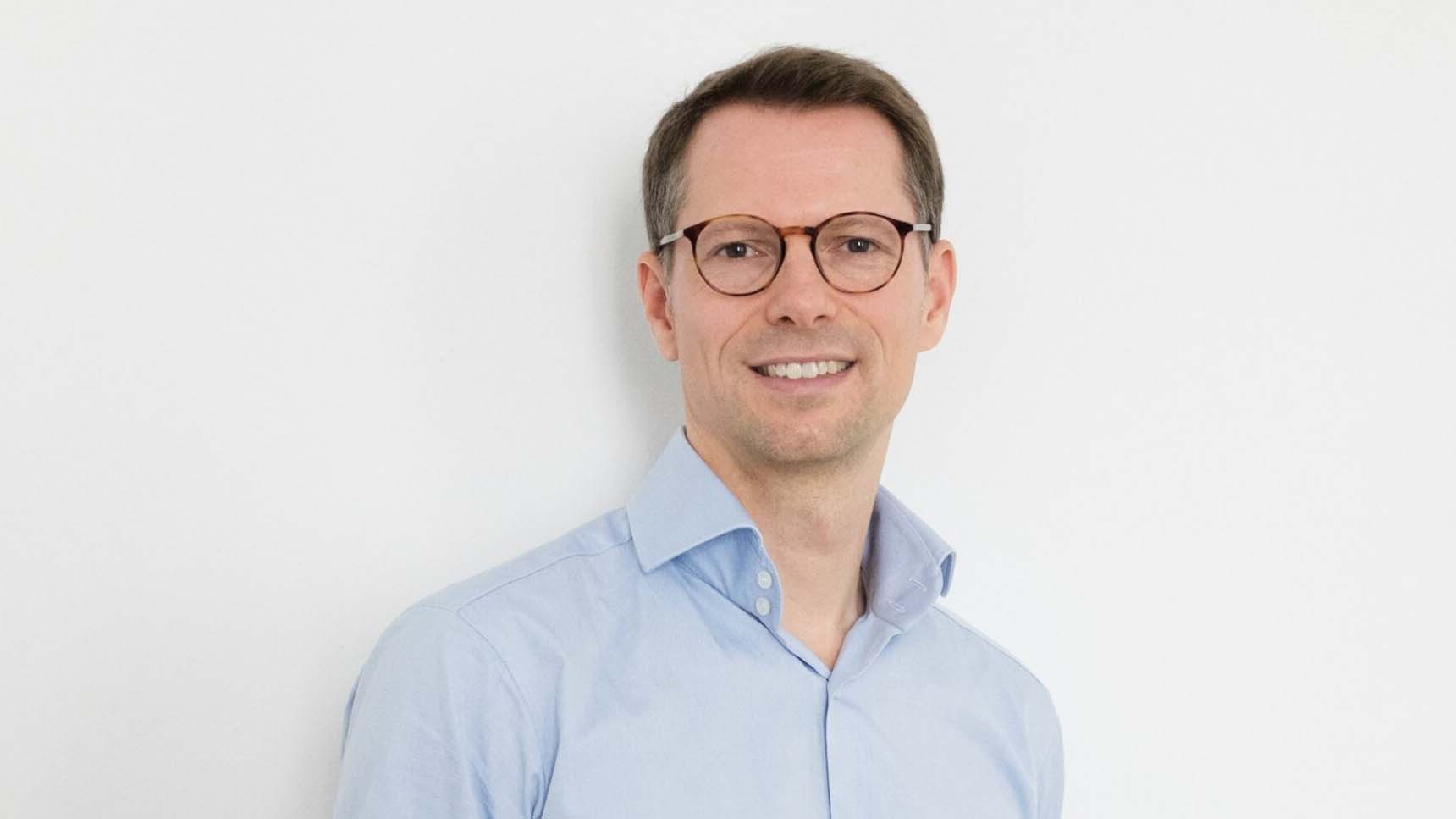As a result of Brexit, the Paris Region is very much in the mix – along with Frankfurt, Dublin, Amsterdam, and Luxembourg – to become the EU’s new financial hub. Paris Region is already a major center of financial services, financial technology, and innovation. The region has more big banks, more assets managers, more VCs, more big companies in general, and more international schools than its rivals. This makes the Paris Region a very attractive alternative to London for established financial services firms as well as FinTech entrepreneurs concerned about the potential loss of both passporting rights and the ability to bring in talent from elsewhere in Europe.
Valerie Pecresse is President of the Regional Council of Ile-de-France. Ile-de-France is one of 18 regions in France, known as Paris Region outside French borders since it includes the city of Paris. Since two years that Valerie has taken office, she engaged in a pro-business policy and uses all the powers of the local authority she is heading to ensure a coherent framework: transport, economic development, international cooperation, land planning, education and training, etc. From 2007 – 2011, Valerie Pecresse served France as Minister of Higher Education and Research and from 2011- 2012 she was France’s Budget Minister (and government spokesperson). She has also been elected to the French National Assembly.
Valerie has a real interest in FinTech and is working to help France and the Paris Region attract investment and jobs, notably those that might have previously gone to London. She is actively promoting the assets of the Paris Region to foreign investors and entrepreneurs alike, and has visited Boston, London, Tel Aviv, New York, etc. with French technology startups in tow. She is highly credible on technology issues, having advised Jacques Chirac regarding new technologies and the Internet when he was President in the 1990s.

Q. Valerie, what advantages does the Paris Region offer to established financial services firms?
A. First of all, let me talk about the political context in France and in Paris Region. Investors know that at least for the next five years, they will have a stable and favorable pro-business approach in France and in Paris Region. That can’t be said today in the UK, in the US or even in Germany, and I think that it is making investors look at Paris in a completely different way today than one or two years ago. First of all, our newly elected President undeniably sends a renewed image of our country and its first reforms with several tax cuts and a new labor law are very well perceived by investors, especially when they get into the details of the reforms. As for Paris Region, several measures have been taken, such as the drastic simplification of all the aids granted to companies by the region, and the creation with the Prime Minister of a one-stop-shop called “Choose Paris Region” for investors gathering all the local authorities, the chamber of commerce and the government.
To answer more specifically your question, I think the key words are diversity and resilience. It is important to recall that Paris Region, unlike other major financial centers, is much more than just finance. The diversity of its economy make it more resilient to shocks, which is fundamental for an investor in those troubled times. Its advantages are many: Paris Region is a true global, stable, business-friendly region at the heart of the EU and only 2 hours away from London. It is the 1st European region by GDP, the 4th in the world (equivalent to Switzerland or Turkey). Another advantage is that your clients are already here, as can be seen by the fact that Paris Region is 3rd worldwide for the concentration of headquarters, ahead of New York and London; France was the biggest issuer of International Corporate bonds in the world ahead of China and the US during the first semester of 2017 (it was 3rd in 2016). Paris Region is strong of the presence of 5 French banks among the 10 biggest European banks, and of giants in insurance (Axa is number 2 globally). Not to mention the deep talent pool: 6 French schools are ranked by the FT among the 12 best masters in finance (e.g. HEC) and Paris Region engineers and mathematicians can be found everywhere in finance and industry.
The diversity of the financial activities in Paris Region can be seen through the variety of the actors who already announced they would choose the region for relocating at least some of their activities in continental Europe post-Brexit (for a total of 2500 jobs announced up to date): asset managers (Shroders, UK for infrastructure investment; Smart lender, UK ; Eleva, UK), insurers (Chubb – biggest American non-life insurer for market capitalization which decided in September 2017 to relocate the headquarters of its European activities from London to Paris in the case of a Brexit; Global Aerospace, UK), banks (the three major French banks, 2 Chinese banks, HSBC, JP Morgan, Bank of America, Morningstar, My Money Bank), FinTechs.
Q. What steps are you taking as President to boost the FinTech ecosystem in the Paris Region?
A. Paris Region already supports a vibrant startup ecosystem: 1 in 6 companies at the CES in Las Vegas 2017 was from Paris Region.
Paris Region local authority supports its tech and startups ecosystem by granting aids in the form of subsidies, loan guarantees, or direct capital participation through the newly created Paris Region Venture Fund. Some of these aids are done in partnership with the Public Investment Bank (BPI).
We also fund accelerators, events and incubators.
There are several events for the FinTech ecosystem: the Paris FinTech Forum, one of the most exciting FinTech conferences in Europe, FinTech R:EVOLUTION, sponsored by France FinTech, Fin & Tech Community, sponsored by FINANCE INNOVATION.
There are also many FinTech incubators, accelerators, and plenty of shared work-space locations (such as Station F or the Cargo), and startups accelerators such as Wilko. A new accelerator for FinTechs is about to open in La Defense, the largest business district in Europe. There are also many active meetup groups offering interesting programming for people involved in FinTech and InsurTech. Paris Region Development Agency organizes very regularly meetups between corporates and startups (both from Paris Region or foreign) to help them do business here.
Finally, one big change we are seeing is the following. Investors often tell us: “if I want a financing in Paris, than the Public Investment Bank (BPI) does a great job, but it is easier to find Asiatic, UK or US investors in London.” But actually, this is changing: there is a very strong increase in the volume of venture capital funds raised in Paris Region: +240% between 2014 and 2016 (-4% in London during the same period). And the AFIC (the entity gathering the data) predicts investments in innovation-capital reaching a record high this year (multiplication by 3.4 during the first semester of 2017 respect to the first semester of 2016).
Q. France has a reputation as being a difficult place to do business, primarily because of social charges and work rules. Is that fair?
A. Globally, things are improving. The recent labor reform has put a cap on the maximum termination indemnity that can be obtained at the labor tribunal which was a big issue for investors. Also, several tax breaks have been put in place, such as a gradual reduction of the corporate tax rate (33 > 25%), the suppression of the marginal tax rate of the wage tax, the suppression of the extension of the French Financial Transaction Tax (FTT) to intraday transactions. The non-dom regime is also right now the most favorable in Europe. For sure, more will need to be done but the direction is the good one.
Moreover, it is very simple to start a company and startups in France receive quite a bit of support as well as tax breaks from the government.
Q. You, Edouard Philippe, the Prime Minister, and Anne Hidalgo, the Mayor of Paris, represent three different political parties. How are you working together to make sure the Paris region is successful in establishing your region as hub of innovation in financial services.
A. When it comes to attractiveness, we are smart enough to work together. For instance, the one-stop-shop of which I said a word before is a joint effort of all the actors you mentioned. Another example of positive cooperation is the following: the Prime Minister has given one of my Vice-Presidents and a member of the Ministry of Education a joint mission to study what could be further done to improve the quantity and quality of the international education offer, which is already one of the largest in Europe.
Q. Quality of infrastructure is critical to both entrepreneurs and established firms. How will preparation for the 2024 Olympic games affect the Paris Region’s infrastructure, especially its transportation network?
A. We are already investing a lot in transportation. We have launched a massive investment plan of 30 billion euros to double by 2030 the capacity of Paris subway – which is already the first metropolitan network in the world. This is the most massive investment plan in Europe to modernize public transport. We are also investing 9.5 billion euros to acquire 700 new or renovated trains by 2021. In 2024, the Charles-de-Gaulle Express train will also allow you to join the center of Paris from Charles-de-Gaulle Airport in 20 minutes: this project is more than ever on track and advancing on schedule.
As you talk of infrastructure and Olympic games, I can’t help mentioning all our efforts for making Paris Region more open to the world. I have a massive plan for developing the use of languages, English being a prerequisite for everyone. One of the aspects of this strategy is the development of international sections and schools: a new public international high school (15-18 yo) will open in Courbevoie in September 2018 (1500 students), near to La Defense business district; international sections already opened in September 2017 in elementary and middle schools in this city. Another international high school will open in Saclay, Paris Region innovation cluster, in 2021 or 2022 (1200 students), and another one in Vincennes in 2022 (1000 students) in the eastern part of Paris Region. More generally, a massive 5 Billion euro investment plan over 10 years in under way in Paris Region high schools, which will allow for 22 000 new high schools students.
The Olympic Games will only be an incredible catalyst for this global ambition.
# # #



